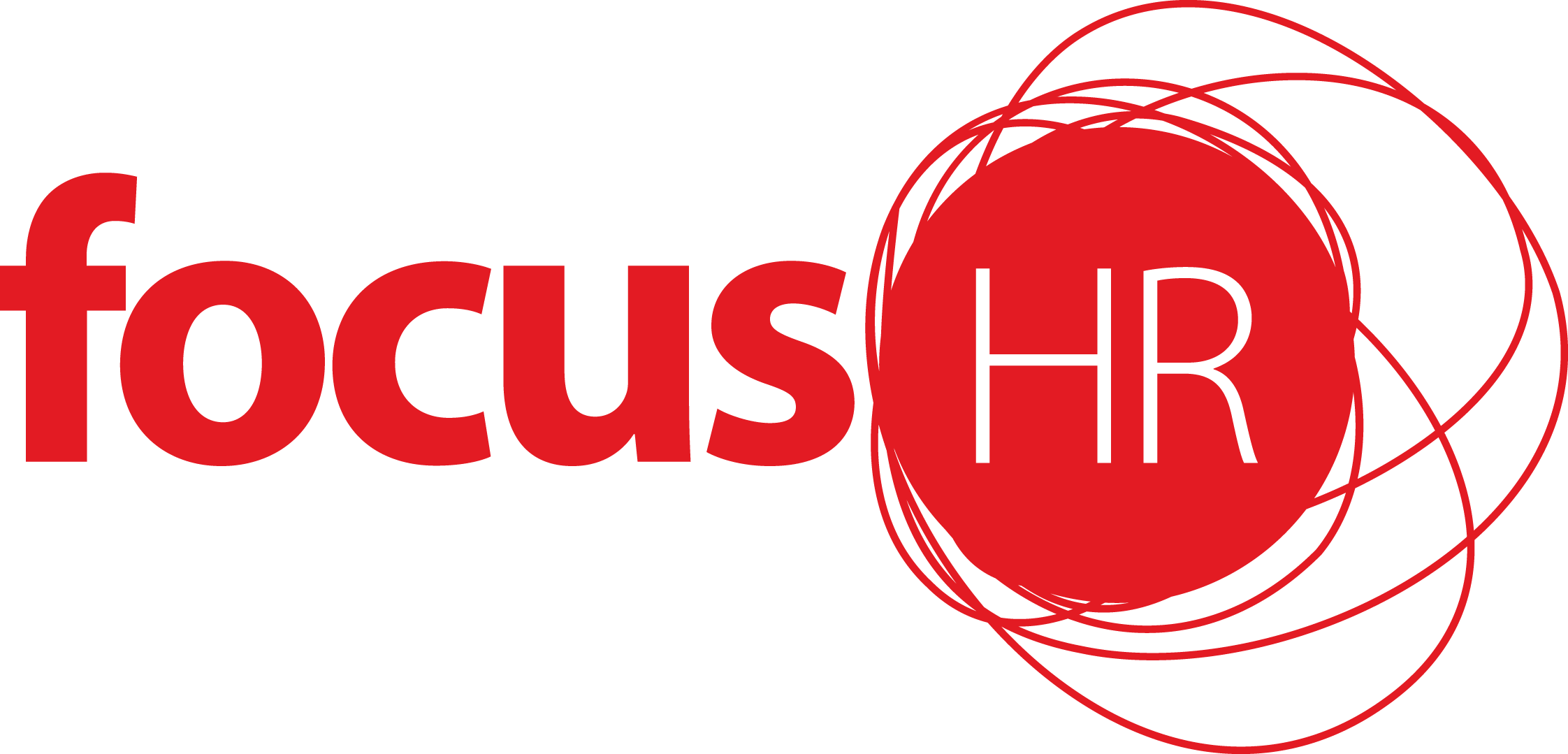– Naomi Wilson
Those who know me know that I love a good code word.
Code words can be powerful ways to communicate with families, between friends and even within a workplace culture. Code words can be a ‘safe’ way to express something that can help avoid discomfort and awkwardness, or explain what you mean without having to use lengthy dialogue.
So when my friend shared this Simon Sinek video on ‘8 minutes’ I loved it. Take a look here
In our team at Focus HR, we’ve invented and seen some great codes over time. I thought sharing some might help to show that the words used don’t really matter – it is the meaning behind them that counts.
Trevors. Nope, not ‘Trevor’, ‘Trevors’ is what I meant to type. This code word came about from the most random of circumstances. One of our team was sharing an experience they’d had in a workshop where the facilitator was trying to get everyone to name their emotions. It opened a fun debate and when one of our particularly witty team members was asked what they would call a particular emotion, she responded with ‘Trevor’. Ever since then, the word has become a part of our cultural vocab. We can ask each other ‘do you have Trevors around that?’ or say ‘I’ve got some Trevors’. It is light hearted, yet we know what the other means and we recognise it as a need to explore and be respectful of what might be going on for them.
Call the Locksmith. This one was also born from a random experience. A number of years ago, when my husband and I bought a shed, we discovered on settlement day that we couldn’t get in to the property. The keys had somehow been misplaced by the real estate. Scott was ready to move his entire workplace into the new shed. The machines were shut down, the trucks lined up, electricians organised, his entire operation was shut down, and a finely laid plan in place to have everything moved from the old shed to the new in a day so that they could continue business as usual as quickly as possible. But no-one could locate the keys. After going around in circles in phone calls, in a frustrated last effort, I contacted the owner of the real estate agency. When he heard the story, he blew his top and amidst other profanities said, ‘I will sort it out – and if needed, I’ll just call the locksmith’. And he did exactly that.
Once stress levels had settled, reflecting on this, I realised that I never wanted a Focus HR client to experience that kind of run around, ping-pong game if they ever had an issue, nor should they have to get to the point of frustration of having to ring the owner to get sh*t done. And so, the phrase ‘call the locksmith’ came into being. The term means that any one of our team members has the authority to call the locksmith if it means doing the right thing by the client.
And one last one … Cross your fingers. This one isn’t ours, but I love it. A business we work with often has large team meetings . Sitting in on some of these, I’d observed that they are a creative bunch and the discussion and brainstorming happens naturally with ideas coming thick and fast. In that environment, it would normally be difficult to get a word in edge-ways, particularly if you are naturally a more quiet person. I’d also noticed that people would, at random times, cross their fingers and hold them on the table in front of them. I later asked what this was about. And I was told that this means “I have something to contribute”. The facilitator of the meeting watches for these non-verbal cues and makes sure to open the door for that contribution. This works on so many levels. All voices are heard. People are genuinely listening to others (rather than just listening to find the gap or intake of breath that will let them jump in). People aren’t tempted to talk over others as they know their signal will be recognised. And the crossing of the fingers also has a subtle reminder to the person to hold on to their thought (I don’t know about you, but the amount of times I’ve waited until there is a gap and then realise I’ve forgotten my thought …!)
I also love Simon Sinek’s 8 minutes story because we all, at some time, need 8 minutes from someone close to us. We just don’t necessarily know how to ask. And we don’t always pick up on it when someone else is in need of that support from us. Just leaving a message to ‘ring me back’ or ‘it’d be great to catch up’ can be easily overlooked in our busy lives with competing demands. But “I need 8 minutes” is a beautifully clear, simple and meaningful way to tell someone that we genuinely need to connect with them.
Maybe you can introduce this to your friends, family, and even your workplace and see whether it helps everyone to both give and receive meaningful support when it is needed.

